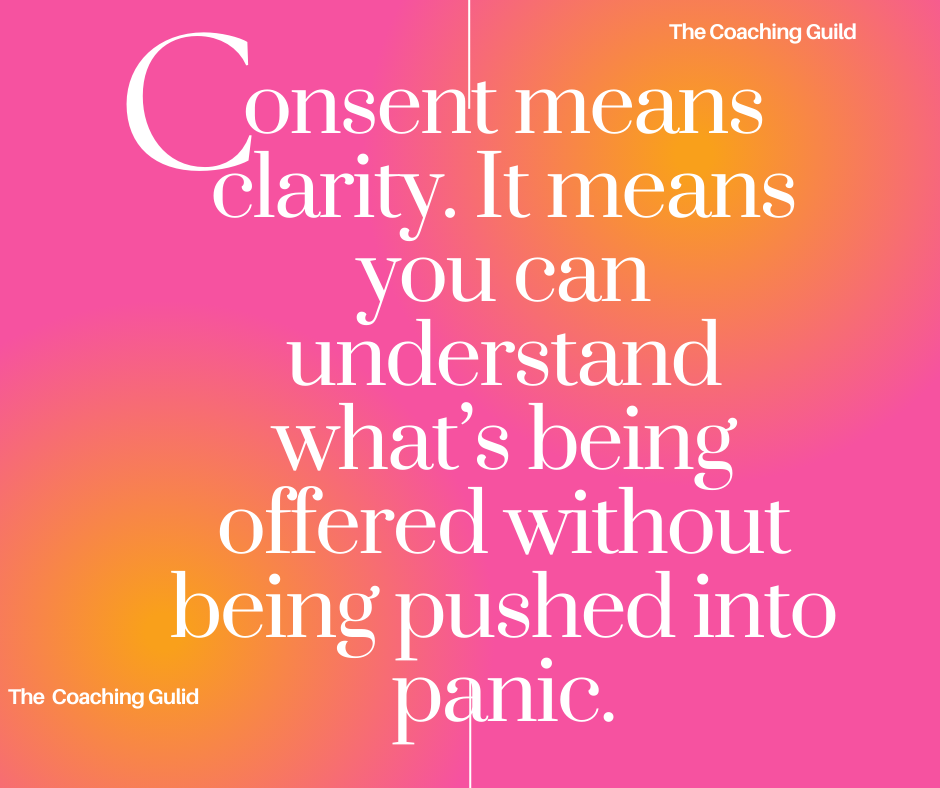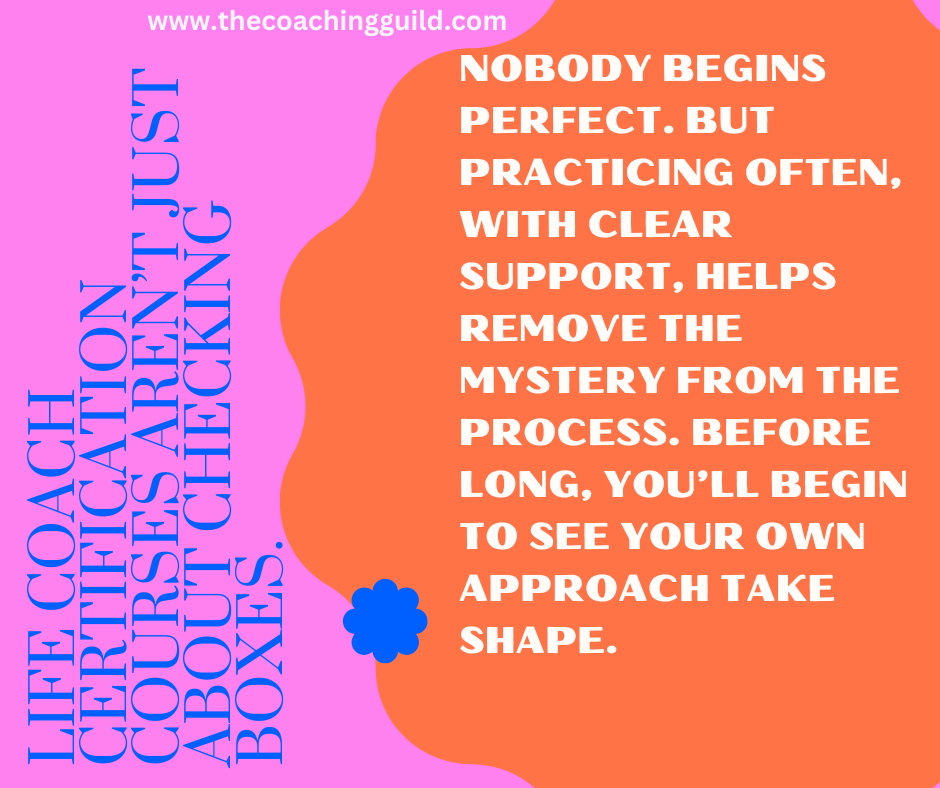Self-care vs. Community-care
Believe it or not self-care is not always the answer

I am a coach who preaches self-care.
Lessons on self-care are a cornerstone in almost all of my work.
However, I am profoundly aware we need to rethink our relationship to the idea of self-care because it is way more nuanced than thinking a weekly mani-pedi is going to save you from the insanity of being human. It is also more complicated than nailing a daily yoga or meditation practice.
Self-care is often the opposite of nurturing. Sometimes ¨self-care¨ is a disguise for self-loathing. We hit the gym, train for a 5k, get our lashes, nails, brows, and hair done, all too frequently, it is an attempt to improve ourselves because we do not like who we are without all the upgrades.
Other times self-care is done in the spirit of refueling so you can stay in the game or get back to the game of a self-punishing pace. When self-care is used as a tool to extend the lifespan of habits of living that drain us, self-care becomes a form of self-punishment. In that pattern of self-care, the care given is not a gift freely gifted. That kind of self-care comes with a lot of strings attached.
First of all, self-care isn’t the answer to everything. It is a cure for a lot of things. However, self-care will never fix anything when what is needed is community-care. Sometimes things break that one person, no matter how committed they are to their independence, can fix alone. On any given day, a person may need a village instead of meditation or a cold-pressed juice.
The problem is, many of us have become so disconnected from the roots of our communities that we no longer have a network we can go to for support. Even when we do, more times than not, we don’t know how to ask for help.
An over-reliance on self-care as a cure-all breaks down the very fabric of what makes a community. A generational heritage of community caregiving is being erased in one generation with the notion that self-care is always the antidote to what ails us.
Community-care is almost always gifted from a place of generosity with no hidden agenda. Community care doesn’t isolate the receiver from the herd. Community-care wraps a soul in the center of generosity. It is the kind of care that is freely given when a human cannot reach for what would be required to heal on their own.
If you don’t have the resources (often, the resource in question is energy) to truly be with your process, no amount of yoga will heal you like a casserole from a neighbor might.
When we lost our house in a wildfire;
When I for real needed physical rescuing from a highly abusive relationship;
When I was in denial about having been raped;
Self-care was not the medicine I needed because I was genuinely unable to heal on my own. By the grace of community-care, I was able to pull the pieces together and move forward.
Secondly, self-care is almost always a privilege AND the privileged rarely understand that.
Try talking to a single mother working two jobs to put food on the table and a roof overhead about carving out meaningful ¨me¨time. After you pitch that idea at her, let yourself be available to be schooled by someone who would donate her right kidney for an hour alone to take a bath by candlelight but isn’t going to get it.
No matter how necessary it might seem, too many people cannot take that week-long getaway to clear their minds and reset from stress. A lot of people truly cannot get out on the weekend for a restorative walk in nature.
Recently, I took over caretaking my elderly parents who moved on to our property. We might have been naive, but we didn’t know it was going to be a 24×7 kind of job. The weight of that reality set in very quickly after they arrived. Due to the pandemic, hiring help seemed unwise. It was less than a week before every routine we had in place as a family crumbled under an impossible schedule. I started to fall apart.
I can’t tell you how many people told me I needed to improve my self-care to compensate for the stress. What is frustrating is I know I have made the same demand of clients in equally impossible situations. I simply could not improve my self-care. I quite literally had no time to do anything. I was monitoring a remote camera of my parents apartment while I showered and slept with an intercom in both locations so I could hear if they started to stir. It isn’t always about money. I could afford the trappings of top notch self-care, but there was no give in my situation that would accommodate the time for it.
Almost everyone wants to be able to give themselves proper care. However, for many, the traditionally held notion of self-care is just ultimately out of network, by no failure of their own –
and yet we often blame and shame people for not ¨loving themselves enough¨ to take care of themselves.
When self-care itself has become an industry fueled with product sales, sometimes the only self-care that might be available would be something like learning better thought management or a practice of deep-breathing.
When those kinds of basic and elemental types of self-care are all that’s available for someone, it is easy to think that’s not enough. I know, as a coach, I have asked clients to give more than they could to a self-care practice. I have also been on the client end of that kind of coaching. It is infuriating and falls painfully flat.
Self-care might be the most important life skill we can master. It has been for me. However, what separates a great coach from a good one is a great coach knows when NOT using the life-changing tools that work for most people. Nothing works for everyone all the time. No tool is absolute enough to be weaponized as a pass or fail test – not even self-care.


